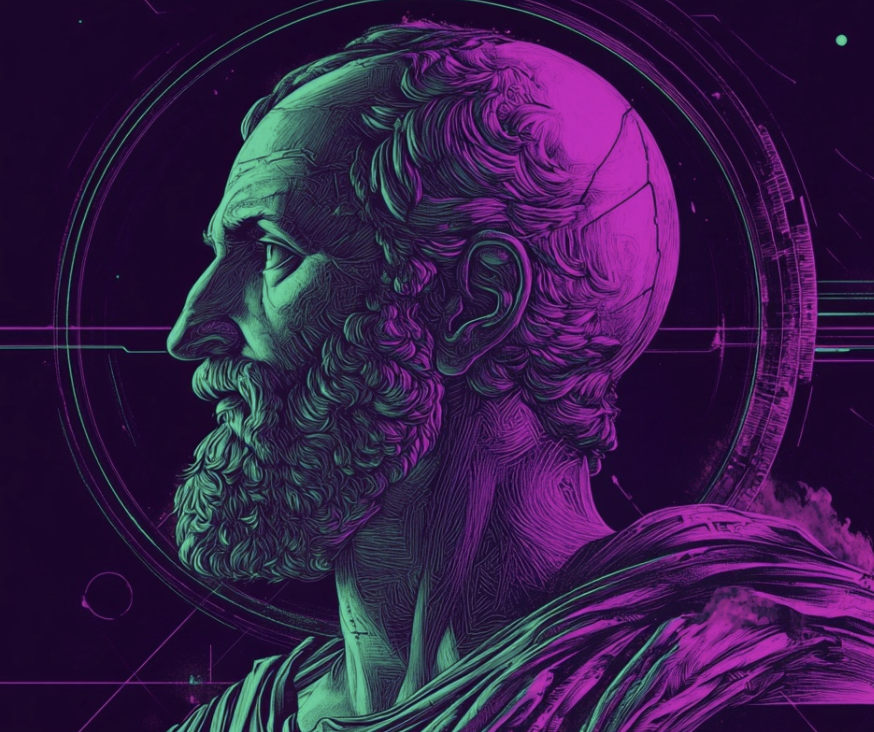
Plotinus — Architect of Neoplatonism and Mystic of the One (c. 204–270 CE)
A philosopher of profound interior vision whose metaphysics shaped late antiquity and laid the foundations for centuries of Christian, Islamic, and Jewish thought.
Life in a World of Intellectual Crossroads
Plotinus was born in Roman Egypt, a region where Greek philosophy, Egyptian religious traditions, and the intellectual currents of the empire intertwined. At age twenty-eight, he began studying under Ammonius Saccas in Alexandria, a teacher renowned for his quiet rigor and spiritual depth. This apprenticeship ignited the trajectory that would shape Plotinus’ life — an ascent toward understanding the deepest structure of reality.
Later, Plotinus traveled to Rome, established a philosophical school, and spent the remainder of his life teaching a small circle of devoted students. His pupil Porphyry compiled and edited Plotinus’ treatises into the Enneads, the masterpiece through which all later generations came to know him.
“Withdraw into yourself, and look. And if you do not find yourself beautiful yet, act as the creator of a statue would.”
The One, Intellect, and Soul — The Structure of All Reality
Plotinus developed one of the most influential metaphysical systems of antiquity. At its summit stands the One — an ultimate reality beyond being, beyond form, beyond all categories. The One is absolutely simple and indivisible, the source of all existence and the ground of all intelligibility.
From the One emanates Intellect, the realm of perfect Forms, and from Intellect emerges Soul, which bridges the eternal and the temporal. The material world is the final expression of this downward unfolding, though never separate from its source. For Plotinus, everything points back toward unity.
“The One is all things and no one of them.”
The Ascent of the Soul
Plotinus taught that the human soul belongs to the higher order of reality and is not confined by the body. Philosophical practice becomes a form of purification — turning inward, withdrawing from distraction, and reorienting the mind toward its true origin.
This ascent is both intellectual and experiential. Plotinus described rare moments of union with the One, states of profound illumination where individuality dissolves and the soul experiences its deepest identity. Such moments are not escapes from the world but revelations of its true foundation.
“We must ascend again toward the good, which every soul desires.”
A Philosopher of Quiet Influence
Plotinus' teachings quietly transformed the philosophy of late antiquity. His ideas shaped early Christian theology, inspired the mystical currents of Judaism and Islam, and influenced Renaissance thinkers who revived Platonism as a spiritual and intellectual force. Augustine drew heavily on his metaphysics; Aquinas engaged his hierarchy of being; Ficino saw him as a conduit to ancient wisdom.
The Enneads remain not only a systematic metaphysical treatise but also a manual for inner transformation. Plotinus bridged rigorous argument with spiritual depth, offering a vision of reality that unites logic, beauty, and the longing for transcendence.
“To attain the divine, the soul must become divine.”
CivilSimian.com created by AxiomaticPanic, CivilSimian, Kalokagathia
